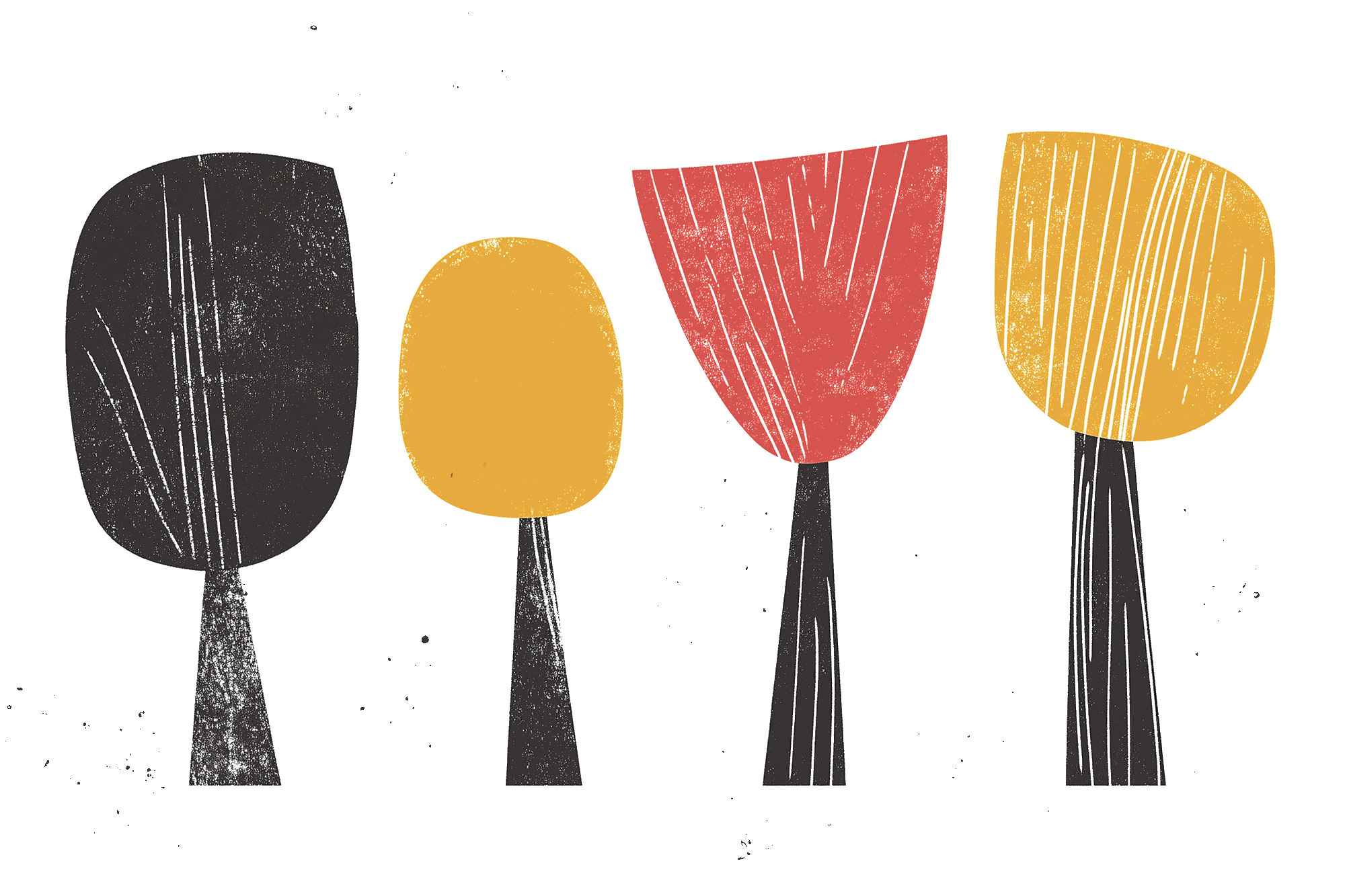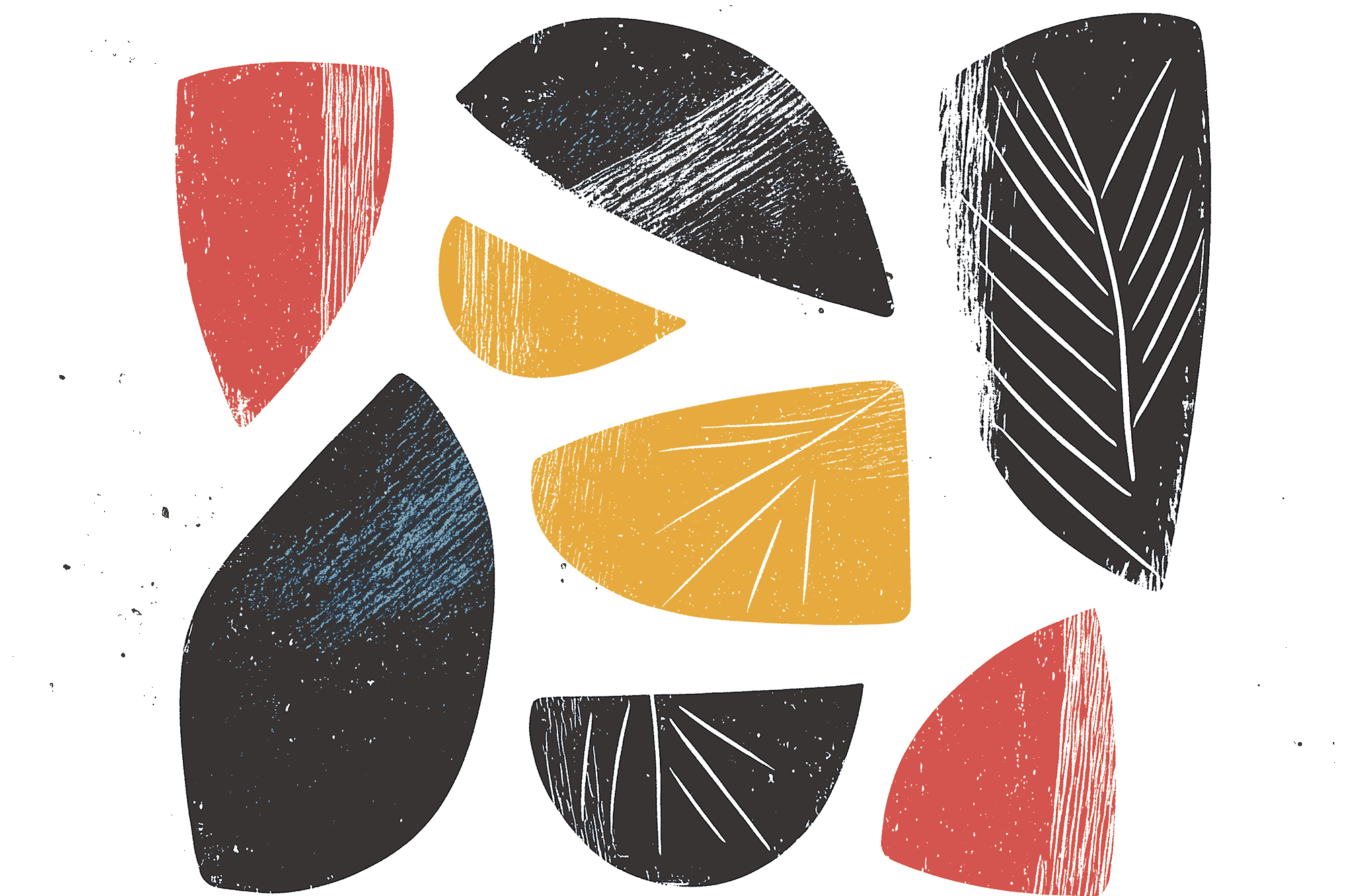Content transformation, not digital transformation
How content-led change could be the way to create more human, more effective purpose-driven organisations.

Digital transformation has fundamentally changed many things: the way we bank, watch movies, order taxis and find life partners will never be the same again.
Culture change not (just) technology
But for many organisations digital transformation still hasn’t delivered everything we hoped it would. Digital transformation projects can easily get bogged down in technical complexity. Money is spent on expensive solutions that don’t change organisational culture or the fundamental relationship between organisations and humans.
And it’s culture, practice and relationships, ultimately, that need to change if purpose-driven organisations are to fulfil their potential in the 21st century, if they’re to be the powerful force for change that they can be. Digital transformation is not digitisation. It was never supposed to be about better IT.
Better relationships between organisations and humans
Organisations that “do digital” really well, that thrive digitally, tend to be flatter, more transparent, more networked, more connected to (and responsive to) their users and their staff. They tend to be more accountable, more agile and better at collaborating.

Unfortunately, cultivating these positive traits takes much more than a new CRM or intranet.
Many people with ”digital transformation” (or just “digital”) in their job title understand this. It’s more akin to organisational change management than digitisation.
At the Charity Change Collective summit last week, which I helped to organise, these issues were mulled over and enthusiastically discussed.
The members of the collective between us have a huge range of different areas of experience and expertise. As do all of the people who attended what was an inspiring, energising event. But “digital” no longer seems to do the job of adequately encompassing the iceberg of people-challenges, process-challenges and technology-challenges that organisations face.
Content at the front line
Members of the collective all have their own overlapping solution strands. The Contentious solution, obviously, is content. Some will say that content is just one aspect of a complex set of challenges; we think it’s a great way in to analysing and solving those challenges.
It’s our belief that almost all of the key issues organisations face have content at their core. These challenges are on the cusp of the organisation and the person. They’re certainly not changes to be tackled by technocrats.
The words and the pictures, rather than the technical systems, are the front line between organisations and people, the manifestation of that relationship, of the attitudes embedded in that relationship.
Content often reveals frictions and faultlines within organisations. Where different parts of an organisation are producing different content, using different voices and pulling in different strategic directions, failing to collaborate effectively, that situation shows up in an organisation‘s content.
Content reveals an organisation’s attitude towards its staff, its supporters, its users, its customers, its campaigning targets and its audience. This is true for information and UX content – content that explains and instructs – as well as content that’s more journalistic or marketing focused.
Content as a possible solution
To help purpose-driven organisations in need of transformation, investing time and energy into content strategy may have a better chance of success than aiming for technical transformation.

This is not (just) about better editing. It’s about better understanding of users and audience wants and needs. It’s about being focused on the external world and not internal structures and ways of thinking. It’s about telling better stories, using better systems, processes and structures. It’s about effectively combining data and video and text and audio across multiple platforms and channels. It’s about being joined-up and being sustainable. It’s about promoting voices, opinions and perspectives. It’s about being responsive to a changing world. It’s about moving away from a top-down, broadcast-out model. And yes, it’s also about using good technology. But it turns out that good technology isn’t the best place to start.
Strategic, systemic content work done well has fundamental implications. It puts humans first. It challenges arcane, convoluted ways of doing things and both archaic and over-simplistic ways of communicating things. It remodels ways of working in a holistic way. It does this in order to improve effectiveness and efficiency but also to create better opportunities for genuine social, attitudinal and behavioural impact.
Content-led transformation could foster a more transparent, agile and accountable culture in non-profit and purpose-driven organisations. It could foster improved learning, greater innovation and better adaptability.
But above all, content-led transformation could create better mutual understanding, and better relationships between organisations and people.
If we start with content, and use content as a lens and a methodology for improving an organisation’s relationship with humans (both people on the inside and the outside) then tech changes will follow. And transformation – the right sort of transformation – will stand a better chance of succeeding.